Rolling Stone’s 500 song list achieves nothing
Legendary Rolling Stone magazine released an updated list of the top 500 songs of all time pictured above on Sept. 15. Using a diverse panel of artists, critics and producers among others, Aretha Franklin’s “Respect” topped the list. But should the list exist?
Nate Albin is a senior and the Editor-in-Chief for Fishers N the Red. His views do not necessarily reflect those of the newspaper.
One thing that will always divide me, my family and friends: any Rolling Stone magazine list. Over the years, the magazine has posted all kinds of entertainment lists and then reranked those lists years later. Most recently, they redid their ranking of the top 500 songs of all time.
I agree with some parts, disagree with others and frankly have no way of knowing in some places. And therein lies one of the issues with this list. There is so much music out there that finding a way to widdle it down to any number is nearly impossible. Earlier this year, Spotify reported that about 60,000 songs are released on the platform daily. That alone is 120 times more songs than are on the list. No matter how many people you get to vote on it, there are songs that may not have been heard or heard by the right ears to get the respect they may deserve.
Subjective ranking is imperfect, regardless of what is ranked. And even when quantifying data, ranking is still imperfect as people choose what data is used to rank. Before the College Football Playoff was created, football talking heads would rail against the BCS system. The BCS used various rankings to pick the top two teams in the nation to play in the national title game. What ultimately caused the downfall of the BCS was that people too often disagreed with the rankings that the computer “created”. What never was brought up in these discussions was that people chose what the computer evaluated when making the rankings.
That was with quantifiable data, something that music hardly is. Music depends on the listener. What genres does the listener like? What kind of voice does someone want in a singer? What instrumentation does somebody prefer? Clearly, an innumerable list of factors lead to what music a person likes.
This leads to the ultimate problem that the list causes, and because of this issue, I feel releasing this list does much more harm than it will do good. It creates division between people based on music taste. Inevitably, the list will insult everyone based on placement, a song left off, an artist being underrepresented or some other reason.
Personally, seeing Lynyrd Skynyrd’s “Free Bird” at 407 felt like a personal attack. Was the legendary intro wasted on the voters? Did the spiritual journey I feel every time I experience those nine minutes of pure bliss seem like a boring drag? Obviously, my views on that song are different from others. I am guilty of this same act, too, though. When I saw Queen’s “Bohemian Rhapsody” at 17, I instantly felt confused. I do not know why anyone would willingly listen to it. That song is wasted on me. Two songs, very similar in length and grandiose, can cause very different responses. Right there, it is apparent that music taste is deeply personal and thus can quickly get polarizing. That is why there is no point in making this list.
I was thrilled to see two songs by my favorite artist, Talking Heads, on the list. I was disappointed to see that my favorite Talking Heads song, “Road to Nowhere”, did not make the cut. At the end of the day, I cannot pout because my songs are not on there. No one would ever completely agree on a list of the best songs, whether it be a top 10, 100 or 500. There is no point in ranking the songs today when there are 60,000 more coming tomorrow.

Nate Albin is the editor-in-chief of Fishers N The Red. He runs on the cross country and track teams for FHS as well as serving as a student body officer....


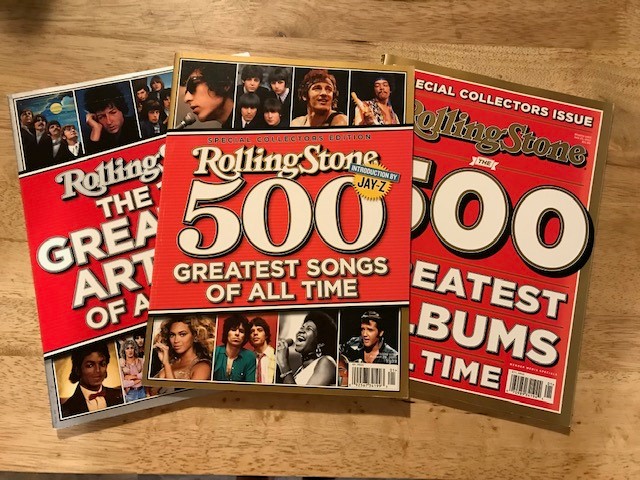





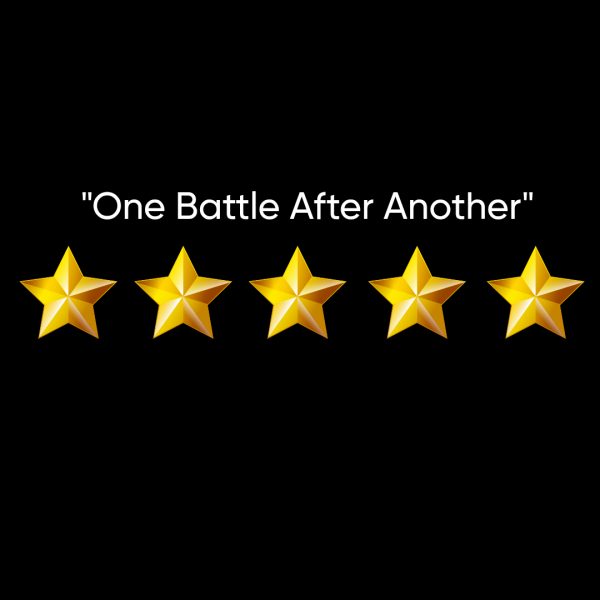
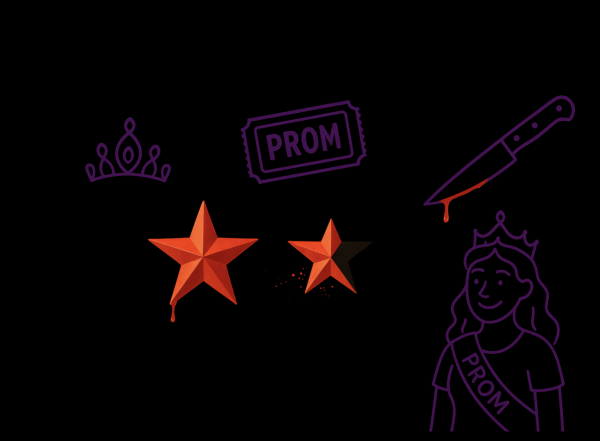
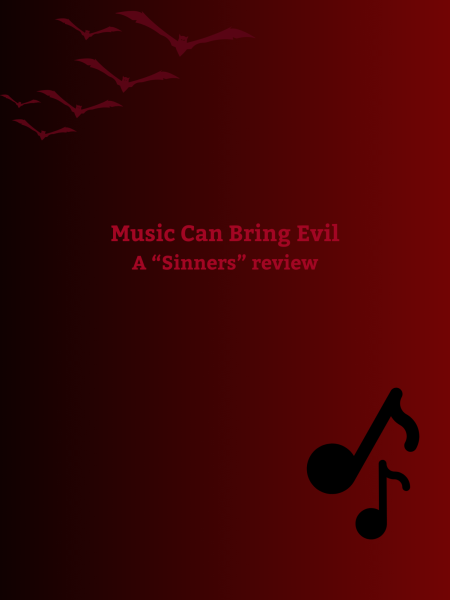
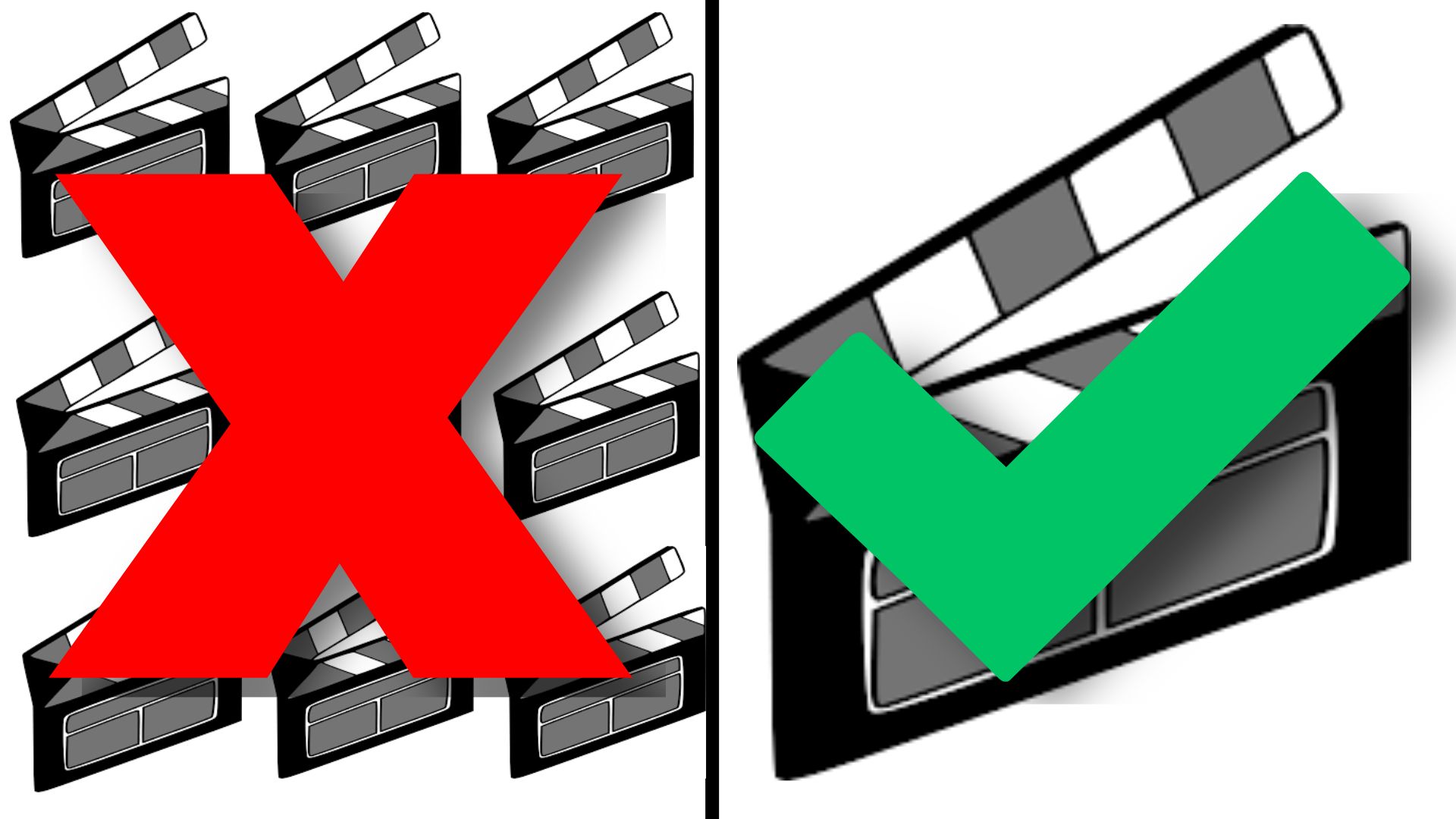


Jennifer Haughey • Sep 21, 2021 at 9:24 pm
Hi Nate! I really appreciate your opinion and how well written this article is! I completely agree that it would be almost impossible for your picks and placements of top songs to completely mirror that of Rolling Stone. However, I disagree that there is no value, per everyone having individual personal taste, in compiling the list at all. I am guessing you were inherently interested to see where different songs ranked, or if they ranked at all, on the list. The point of compiling such a list isn’t that everyone agree with it, but that it sparks debate and discussion with others. It sparks connection with others. Of course the list will be ever changing – but to that I also say enjoy the ride. Thanks again for sharing your opinion!